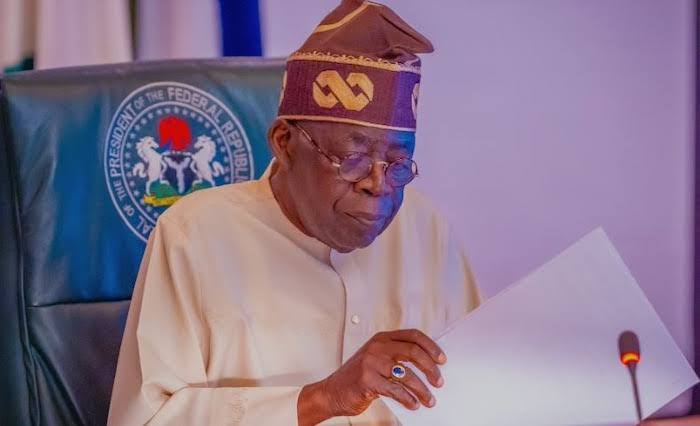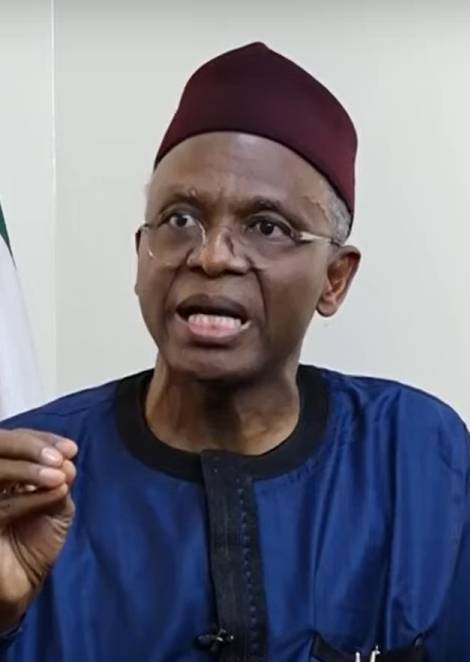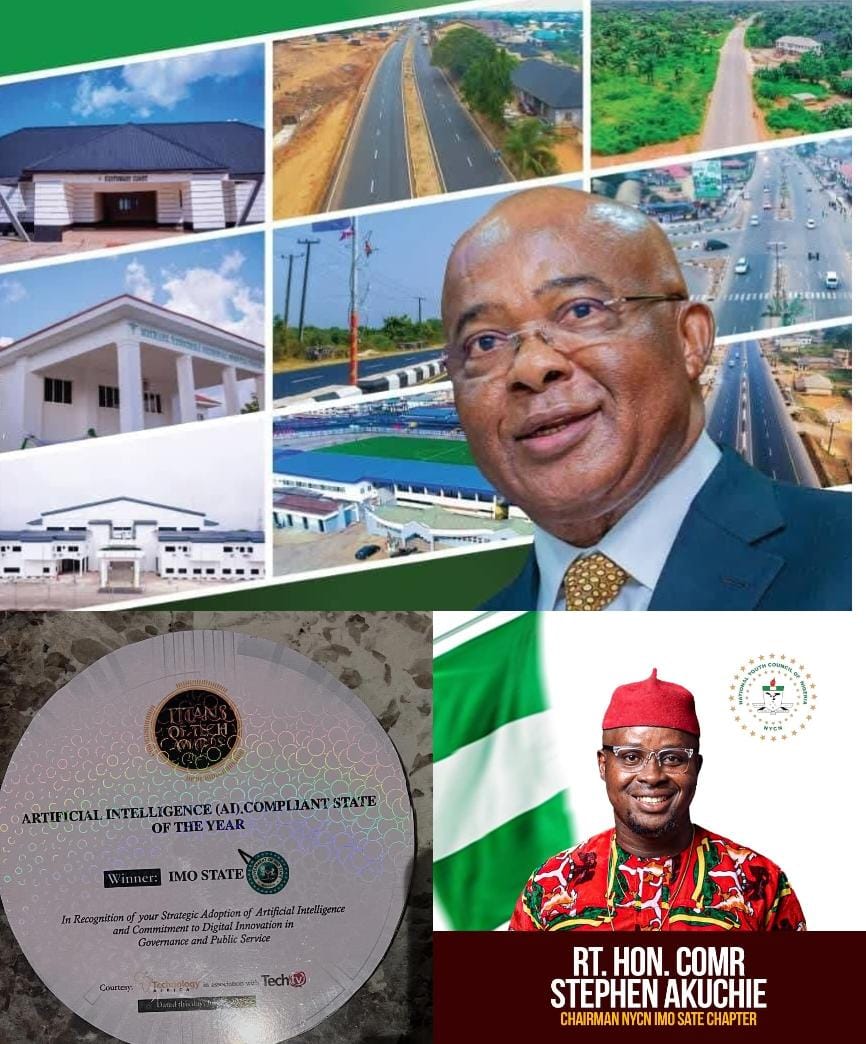The Folly of Quiet Regionalism: Why Tinubu’s Reform Is a Mirage

The Folly of Quiet Regionalism: Why Tinubu’s Reform Is a Mirage, Not Federalism
By Bolaji O. Akinyemi
The Nigerian public space is once again caught in the throes of intellectual deception. A dangerous idea is being floated—that President Bola Ahmed Tinubu has successfully “quietly reintroduced regionalism” into Nigeria’s political structure through the back door of executive fiat. Even more disturbing is that some of our intellectual community, particularly in the South West, are celebrating this as a triumph of reform. It is not. It is a mirage.
Let us be clear: there is no historical, political, or constitutional basis for a top-to-bottom restructuring of a federation by one man. Federations are not imposed—they are negotiated. No serious student of political history can point to an example where a multi-ethnic country of over 400 nationalities and nearly 250 million people simply woke up one morning to a new federal arrangement designed at the whims of one man. Not even Solomon, with all his wisdom, attempted such an audacious overreach in ancient Israel.
The Illusion of “Quiet Regionalism”
What is being celebrated as “regionalism” through the so-called Regional Dawn Commissions Bill is nothing but a sleight of hand. Development commissions dressed up as “regional structures” do not amount to constitutional reform. They remain executive creations, subject to the lifespan of the administration that birthed them. Whatever President Tinubu signs into law today can easily be undone by any of his successors. This is not reform—it is fragility masquerading as innovation.
Those who rush to cheer this false dawn are guilty of intellectual betrayal. To baptize presidential overreach as “federalism” is to sell Nigeria’s future for a mess of pottage. It is one thing for politicians to deceive the people; it is another for intellectuals—custodians of truth—to sing along in chorus with the deceiver. This is not scholarship; it is sycophancy in academic robes.
Nigeria’s true problem is not the absence of regional development commissions. It is the over-concentration of power in the presidency and at the federal center. To celebrate Tinubu’s move is to miss the point: the Nigerian presidency, as currently constituted, is already one of the most powerful in the world. Strengthening the hand of one man at the center while claiming to decentralize power is a contradiction.
The Historical Lesson from Nigeria
At independence in 1960, Nigeria was a genuine federation, negotiated by its constituent regions: the North, West, East, and later Mid-West. Each region had its own constitution, police, fiscal control, and capacity to chart its development. The famous “Cocoa House” in Ibadan, the groundnut pyramids in Kano, and the palm oil boom in the East were products of regional autonomy—not federal handouts. Let us be reminded that true federalism is not waiting for what to share, but the right to resource control. That was what pegged the budget of the federal government at £50 million in 1959 but Western Region ran a budget of £55 million. Why then should will settle for a backdoor arrangement of a federalism without resource control?
That negotiated balance was destroyed by the 1966 military coups, culminating in General Aguiyi Ironsi’s ill-fated Unification Decree No. 34 of 1966, which abolished the federal system in favour of a unitary state. The counter-coup later that year including subsequent ones entrenched military dominance, but instead of restoring federalism, successive regimes deepened centralization. What we live with today is the legacy of that unitary distortion.
Thus, the real reform Nigeria needs is not an executive sleight of hand but a return to federalism through a constitutional process.
Federalism by Negotiation, Not Fiat: Lessons from Other Federations
The United States of America.
The American federation was born in 1787 not by presidential decree, but through a grueling constitutional convention where delegates from thirteen states negotiated, argued, and eventually agreed. It was through this people-driven process that the doctrine of separation of powers and checks and balances emerged. The U.S. Constitution became binding only after ratification by the states—not because George Washington or any other founding father imposed it. This explains why the union has survived civil war, secession threats, and ideological conflicts for over two centuries.
The American lesson is clear: lasting federalism requires negotiation, consent, and ratification—not executive invention.
India.
At independence in 1947, India inherited a patchwork of provinces and princely states. It could have collapsed into fragments, but its leaders chose constitutionalism. Through the Constituent Assembly of India, representatives from across the regions debated and drafted the Indian Constitution (1950). That process allowed India to balance diversity (linguistic, cultural, religious) with unity. Even when India reorganized its states in 1956 to reflect linguistic realities, it was not through the decree of Prime Minister Nehru but through parliamentary amendment following exhaustive national debate. Today, with 1.4 billion people, India remains a functioning, if messy, democracy because its federalism was not born out of a leader’s whim but from inclusive constitutional engineering.
Canada.
Canada’s federation emerged in 1867 through the British North America Act, negotiated by leaders of Ontario, Quebec, New Brunswick, and Nova Scotia. It was hammered out through the Charlottetown and Quebec conferences, where each province’s interest was debated. The Canadian model deliberately distributed power between the federal and provincial governments, with significant autonomy for provinces like Quebec to preserve their distinct culture and language. Importantly, no prime minister imposed federalism on Canada; it was a collective bargain rooted in compromise.
The system endures today because it was constitutionally negotiated, not politically conjured.
The Folly of Regional Romanticism
Against these historical backdrops, the Nigerian experiment under Tinubu’s so-called “quiet regionalism” looks laughably shallow. The U.S., India, and Canada did not build federations on fragile commissions subject to presidential mood swings. They built them on constitutional agreements anchored in the consent of their peoples.
Those who cheer Tinubu’s supposed “quiet regionalism” forget that without constitutional legitimacy, these reforms are reversible whims. Today, the commissions may appear to empower regions; tomorrow, another president could abolish them with the stroke of a pen. That is not federalism. That is imperial presidency with a cosmetic facelift.
And to the intellectuals who anoint this imposture with the incense of scholarship: beware! You are not midwives of reform, you are pallbearers of truth. You are standing guard over the funeral of federalism and calling it resurrection. History will not forgive such dishonesty. The prophets of old thundered against false balances and lying weights; so too must we thunder against academic bigots who prefer convenient illusions to constitutional truth.
A Path Forward
Nigeria needs a clear path out of its constitutional crisis. That path lies not in executive overreach but in a return to the 1963 Republican Constitution as a working template. It is the only true federal constitution Nigeria has had; but was merely suspended by Decree 1 of 1966 of the first military administration, including subsequent ones to 1999.
The 1963 Republican CFRN emerged from a bottom-up democratic process reflecting the mantra, “We the People” of the Federal Republic of Nigeria and our plural diversities. It provides a social cum legal basis to meld military laws into parliamentary laws and re-establish the constitutional link between the first Federal Parliament (elected in 1959) and the current one (elected in 2023).
From there, we can build a more perfect union, tailored to today’s demographics and aspirations. The exercise of integrating military and parliamentary laws would form the foundation of the first amendment to the 1963 Republican CFRN, setting Nigeria on a path of constitutional evolution consistent with global best practices.
Anything less is an illusion.
Call to Action
Let Nigerians not be deceived by cosmetic reforms dressed as regionalism. Our future depends not on executive shortcuts but on constitutional courage. If we are to save this federation, we must insist on a people-driven return to federalism—one that restores power to the people, not to the presidency.
And to my colleagues in the academy, in the media, and in civil society: stop baptizing shadows and calling them substance. Truth is not negotiable. Federalism is not the property of a president’s whim. To applaud Tinubu’s mirage is to dance naked at the funeral of reason. Let us instead summon the moral courage to tell the nation the truth: only constitutional federalism, openly negotiated and freely embraced, can save Nigeria.
Dr. Bolaji O. Akinyemi is an Apostle and Nation Builder. He is a strategic Communicator and the C.E.O, Masterbuilder Communications.









